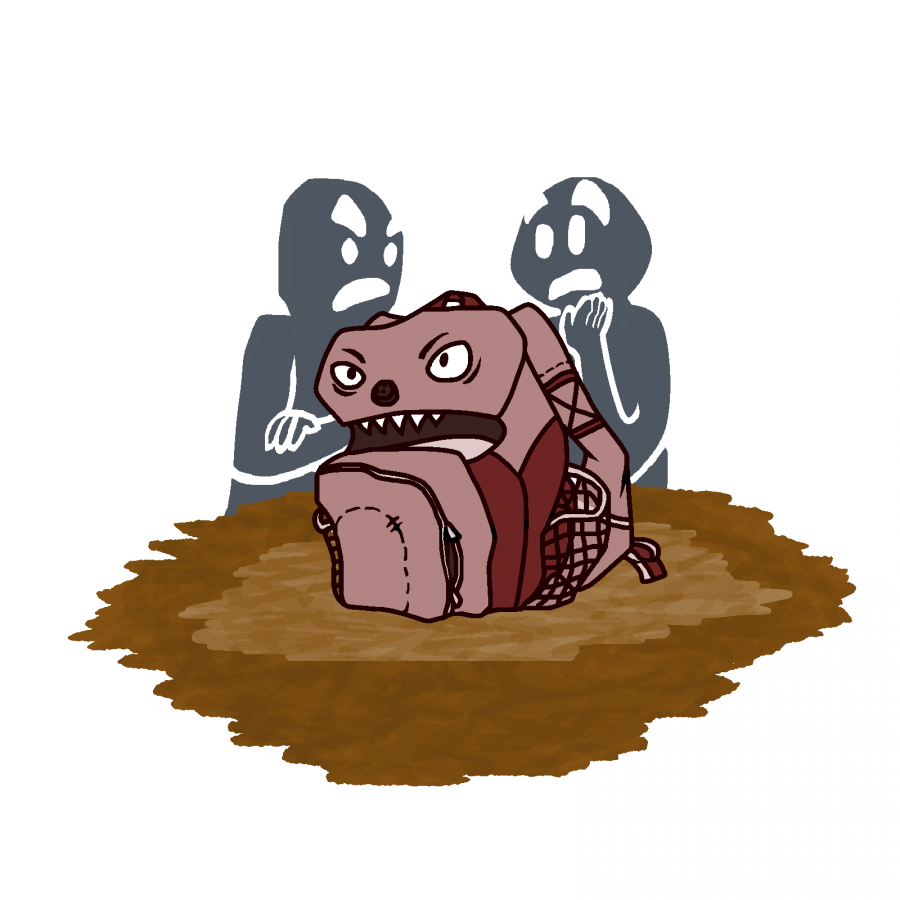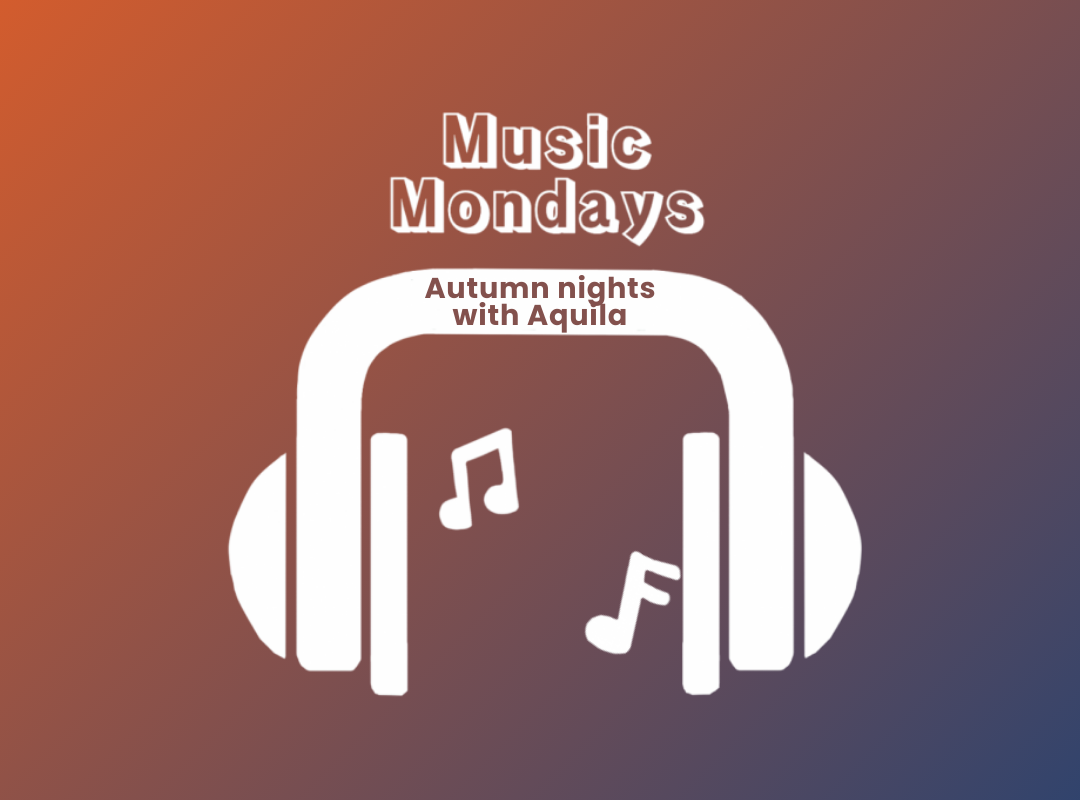A sophomore’s guide to required freshman classes
August 26, 2016
I’m sure this has been drilled into every freshman’s head already, but high school is a big step up from eighth grade: if you don’t think the stairs in Shah are tall now, wait until you’ve sprinted there from Dobbins for the nth time. So here are some tips that I hope will help you survive at least some of your freshman classes, from one ex-middle schooler to another.
English 1: Study of Literary Genres
Yeah, I know “The Odyssey” sometimes seems like the unfunny punchline to a joke about what you get when you cross an obscure Shakespeare play with a poem so long it has chapters. (You’ll be reading an actual Shakespeare play in English 1, too, so don’t get your hopes up about that first one.)
But do yourself a favor and toss the time-honored technique of skimming the reading, or the SparkNotes, in the last 30 seconds of passing period right before your class.
If you actually do the reading, you’ll pick up the details you need to know for reading quizzes, and when it’s time to write the all-important essay, you won’t be wondering whether it was Alcinous or Antinous who did that thing with the guy in chapter nine.
Speaking of essays, get used to them, since you’ll be writing for your next four years here. Welcome to high school English club; the first rule is not to talk about high school English club.
If you guessed that the second rule is to understand that every teacher has slightly different expectations for an essay and it’s important to learn where your first papers fall short, you’re right on the money. If not, well, now’s as good a time as ever to start learning from your mistakes.
World History 1
You know that huge textbook you bought for this class? You’ll be reading from that.
But if you try to get away with not doing the reading, you’ll be lost during class, and if that class is in Shah in the afternoon, your only alternative to paying attention is enjoying the aromatic combination of slowly frying pine needles and freeway exhaust.
Plus, most of the tests—including the finals—are reading-based. Don’t not do the reading. (Are you sensing a theme here?)
And if you’re not planning to take AP European History next year, you’ll be taking another world history course. Pro tip: topics overlap between World History 1 and World History 2.
If you forget to read the homework, because we know by now that you’d never ignore it on purpose, you can find copies of the textbook in the library.
More importantly, whether you pronounce Chicago with a hard “ch” or you’ve already accepted the love of Illinois into your heart and soul, your future self will thank you if you use World History 1 as an opportunity to develop your Chicago style skills.
You’ll be required to take history courses in your sophomore and junior years, so practice before you get thrown headfirst into the depths of chick-ago. Shy-cage-o?
Physics
Luckily, you won’t have to read very much in physics. But at the same time, the assessments test your knowledge of how to solve problems more than just rote recall. More than 99 percent of sophomores recommend practicing problems over memorizing facts when studying for a physics test, according to a recent survey of myself.
The bottom line: pay attention in class and go to extra help so you fully understand the concepts, and remember to keep track of the actual bottom line during projectile motion problems.
After all, if you don’t get how to solve those, you’ll have trouble with other problems that involve projectile motion concepts, since—spoiler alert—the units in physics build on one another.
Understanding freshman physics will also help you in later science and math courses, especially if you take another physics course.
And don’t forget that an understanding of concepts comes with an understanding of basic facts. Whether you have to come up with a random mnemonic or must wave your hands obliquely on test day to remember the difference between an ammeter and a voltmeter, make sure you do. (Ammeters are connected in parallel, voltmeters in series: VSAP, like the sound a battery makes when you accidentally connect the wrong wire trying to light bulb D. Or maybe that was just me.)
In any case, have fun! And remember: 100 percent of sophomores want you to do well and get enough sleep this year. (Yeah, I polled myself for that one, too.)
This piece was originally published in the pages of the Winged Post on Aug 26, 2016.


















![“[Building nerf blasters] became this outlet of creativity for me that hasn't been matched by anything else. The process [of] making a build complete to your desire is such a painstakingly difficult process, but I've had to learn from [the skills needed from] soldering to proper painting. There's so many different options for everything, if you think about it, it exists. The best part is [that] if it doesn't exist, you can build it yourself," Ishaan Parate said.](https://harkeraquila.com/wp-content/uploads/2022/08/DSC_8149-900x604.jpg)




![“When I came into high school, I was ready to be a follower. But DECA was a game changer for me. It helped me overcome my fear of public speaking, and it's played such a major role in who I've become today. To be able to successfully lead a chapter of 150 students, an officer team and be one of the upperclassmen I once really admired is something I'm [really] proud of,” Anvitha Tummala ('21) said.](https://harkeraquila.com/wp-content/uploads/2021/07/Screen-Shot-2021-07-25-at-9.50.05-AM-900x594.png)







![“I think getting up in the morning and having a sense of purpose [is exciting]. I think without a certain amount of drive, life is kind of obsolete and mundane, and I think having that every single day is what makes each day unique and kind of makes life exciting,” Neymika Jain (12) said.](https://harkeraquila.com/wp-content/uploads/2017/06/Screen-Shot-2017-06-03-at-4.54.16-PM.png)








![“My slogan is ‘slow feet, don’t eat, and I’m hungry.’ You need to run fast to get where you are–you aren't going to get those championships if you aren't fast,” Angel Cervantes (12) said. “I want to do well in school on my tests and in track and win championships for my team. I live by that, [and] I can do that anywhere: in the classroom or on the field.”](https://harkeraquila.com/wp-content/uploads/2018/06/DSC5146-900x601.jpg)
![“[Volleyball has] taught me how to fall correctly, and another thing it taught is that you don’t have to be the best at something to be good at it. If you just hit the ball in a smart way, then it still scores points and you’re good at it. You could be a background player and still make a much bigger impact on the team than you would think,” Anya Gert (’20) said.](https://harkeraquila.com/wp-content/uploads/2020/06/AnnaGert_JinTuan_HoHPhotoEdited-600x900.jpeg)

![“I'm not nearly there yet, but [my confidence has] definitely been getting better since I was pretty shy and timid coming into Harker my freshman year. I know that there's a lot of people that are really confident in what they do, and I really admire them. Everyone's so driven and that has really pushed me to kind of try to find my own place in high school and be more confident,” Alyssa Huang (’20) said.](https://harkeraquila.com/wp-content/uploads/2020/06/AlyssaHuang_EmilyChen_HoHPhoto-900x749.jpeg)










